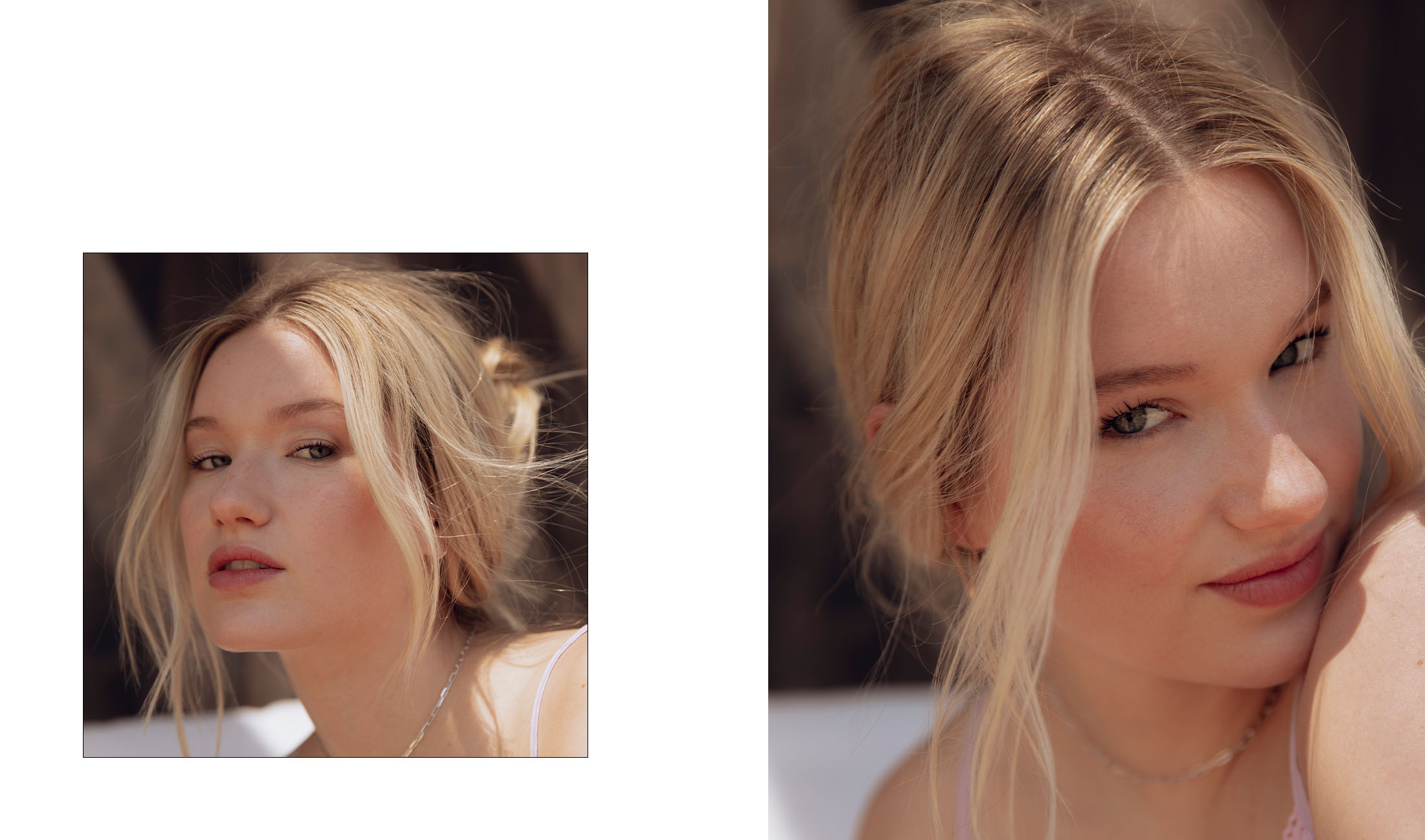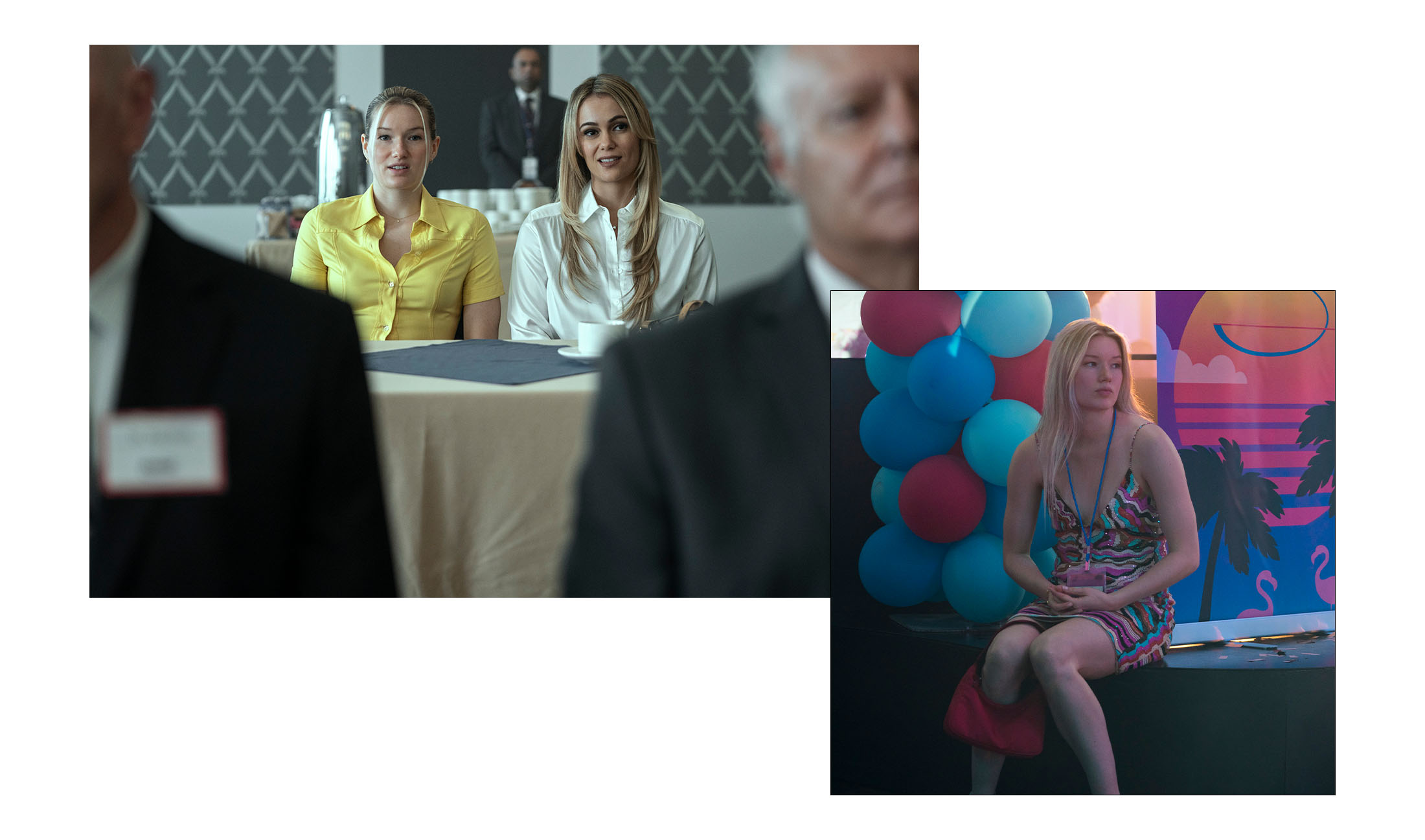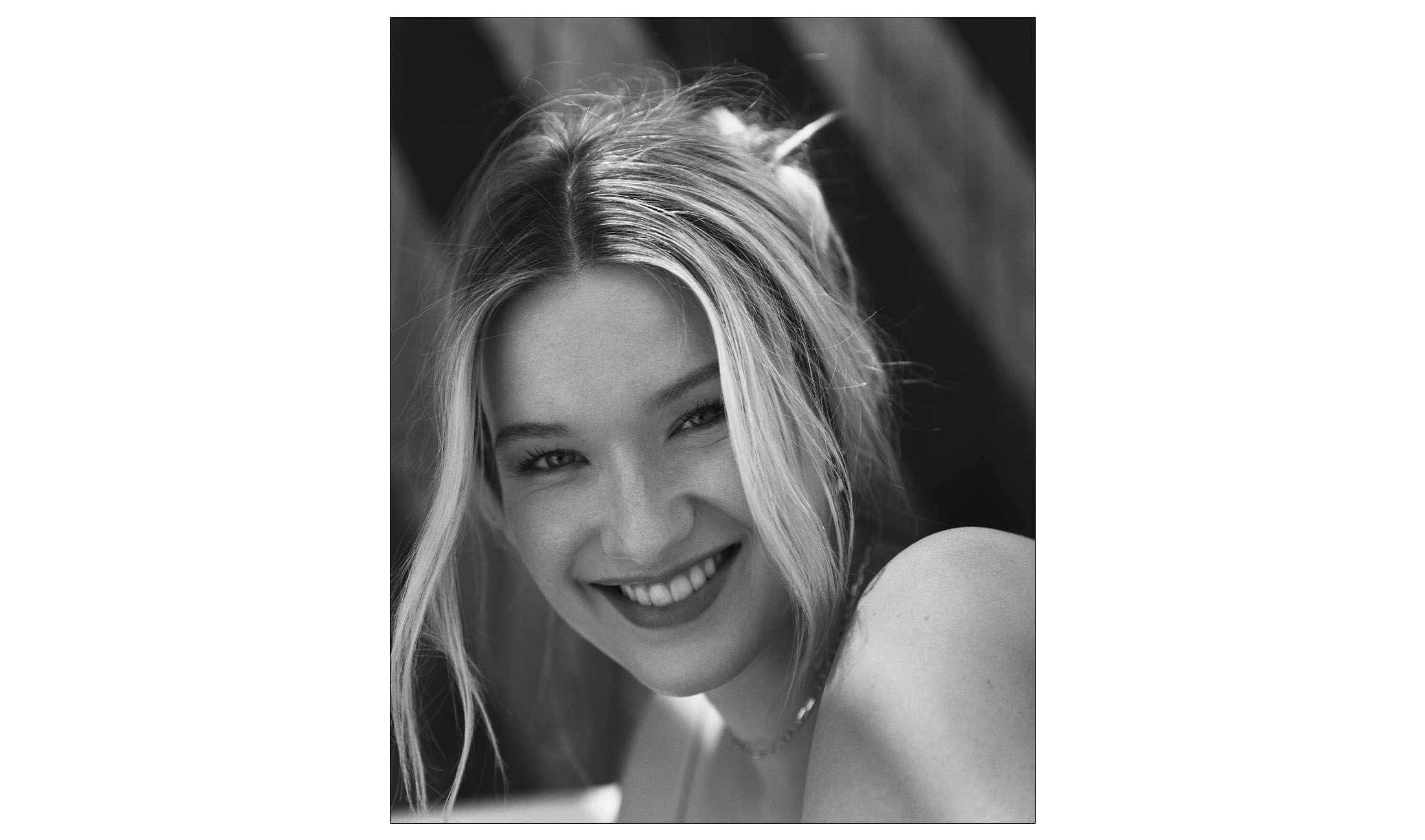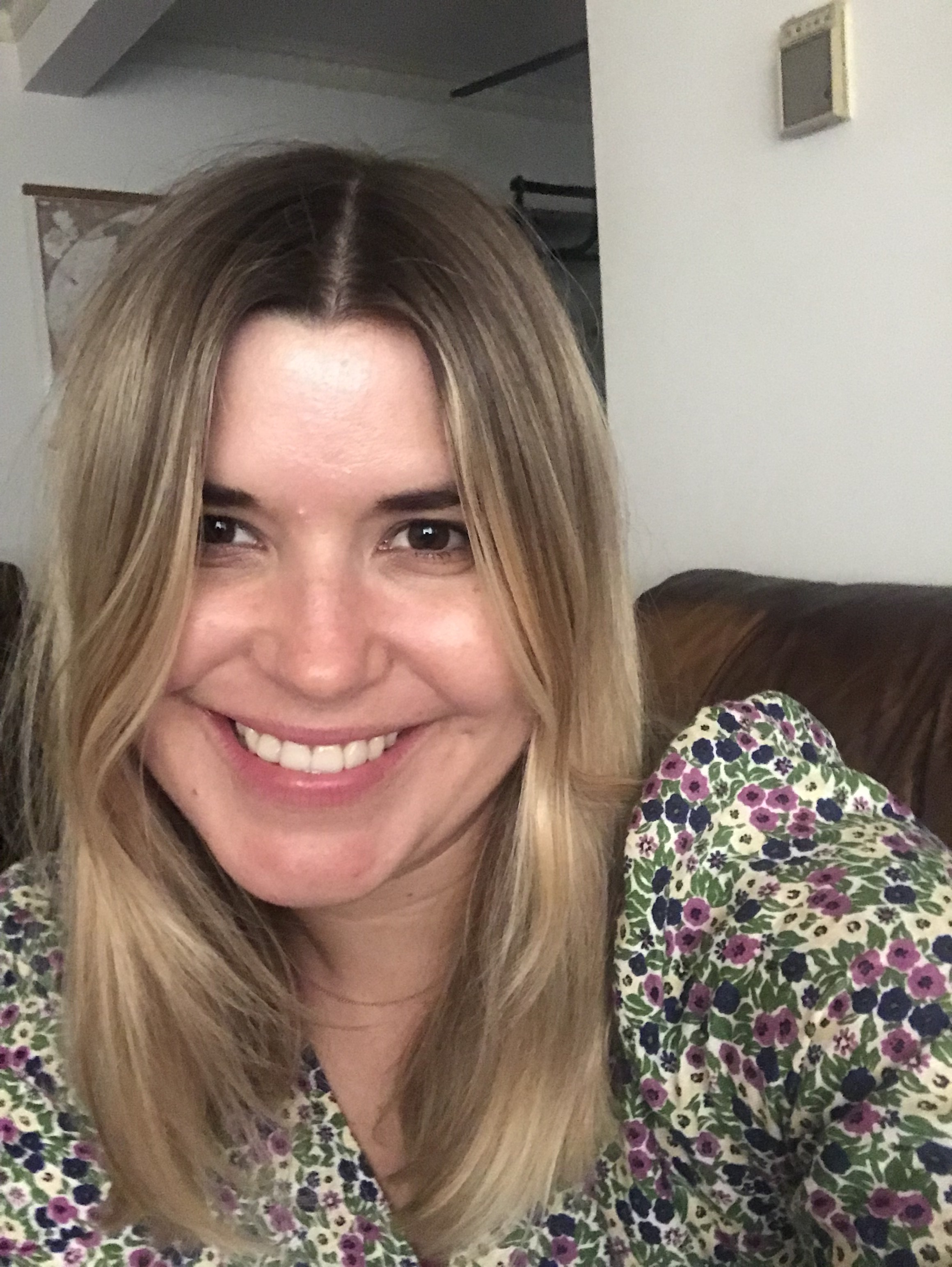West Duchovny Has Arrived! Meet Hollywood's Next Rising Star


Editor's note: SAG-AFTRA members are currently on strike. As part of the strike, union actors are not promoting their film and TV projects. This interview was conducted prior to the strike.
West Duchovny never dreamed of becoming an actor. In fact, she spent the majority of her early adult life rebelling against it. Much to the satisfaction of her Hollywood A-list parents Téa Leoni and David Duchovny, she instead put her focus into academia with plans to study pre-med after high school. But then that pesky spring semester play came into the picture senior year. She joined the production for fun to help out a friend and subsequently caught the infamous acting bug. "As soon as I did that play, I was like, ‘Oh no,’” Duchovny tells me from her mother’s Connecticut home. Nothing had felt more effortless to the then 18-year-old. Knowing she’d never stop thinking about it or asking herself "what if,” she made the pivot. The rest is, as they say, history.
Well, she did have to get her parents’ blessings first. Her mom, privy to the trials and tribulations of being a woman in the fickle entertainment business, had her fears and was understandably protective at first, but she has grown to become Duchovny’s number one supporter. Her dad, on the other hand, was just happy she was actually good. "I was like, ‘I don’t know how to take that, but I think thank you,’” Duchovny says with a raspy chuckle.

He’s right! Duchovny is very good—even if she doesn’t quite believe it herself yet. Now 24, the Los Angeles native has been working steadily for the last six years but has a habit of telling people she’s still "trying” to act, her imposter syndrome rearing its ugly head. I suspect that will all change shortly. In a spring-summer doubleheader, Duchovny took to the small screen this April in Hulu’s eight-part psychological thriller Saint X, a series based on Alexis Schaitkin’s novel of the same name, and this month, she is starring opposite Matthew Broderick and Uzo Aduba in the Netflix limited drama Painkiller.
Painkiller centers on the origins of the opioid crisis in America, following its perpetrators (Purdue Pharma), its victims, and one investigator’s quest for the truth. Duchovny delivers a breakout performance playing Shannon Shaeffer, a recent college graduate and new recruit to the Purdue sales team.
I should mention this isn’t the first time this story has been told on-screen—and it probably won't be the last. Last year, Hulu released the Emmy-nominated miniseries Dopesick spotlighting the same origin story. The opioid crisis is still very much a prevalent issue facing Americans, and Painkiller effectively demonstrates this by sharing real stories of families who have lost loved ones to opioid addiction at the beginning of each episode. It’s a reminder of the ongoing struggle and how dire the situation remains. "I’m psyched that this story is getting told as much as it is,” Duchovny says. "Let’s keep talking about it. Let’s keep doing it. Putting this on Netflix is huge because so many people open their Netflix at the end of the day, and if this can be a part, along with everything else, of educating people, then bring it on. Keep ’em coming.”
Knowing how this very real story plays out, it’s easy to judge a character like Shannon out of the gate. Duchovny knows this, but the actress also found it easy to empathize with her. Shannon is a young woman fresh out of college, her gymnast dreams dashed due to injury. She’s trying to escape an unstable home environment when she is presented with this seemingly great opportunity to make money and help people.
"She’s being told that she’s going to alleviate people’s pain and that the better she is at her job, the more people are out of pain,” Duchovny says. "It gets more complicated as the red flags start popping up."

This is where Duchovny really shines. She imbues Shannon with a level of depth and complexity that plays out across an emotional journey of a person who is painfully oblivious to the world she’s stepping into and then must face the harsh reality of her actions. "I think what’s so fascinating in terms of the psychology but is also so human is these mental gymnastics that people are willing to perform in their own mind to pacify their fears or anxieties and emphasize the positives that they think are there,” Duchovny adds.
In order to really understand Shannon’s choices and make the performance authentic, Duchovny decided to stay removed from the historical details and the material that inspired the script (Patrick Radden Keefe’s New Yorker article "The Family That Built an Empire of Pain” and the book Pain Killer: An Empire of Deceit and the Origin of America’s Opioid Epidemic by Barry Meier) and discover the truth as Shannon does. Duchovny knows it sounds a little method and actor-y, but she saw an opportunity and ran with it. When I ask what surprised her the most in that process, she tells me it was the whole idea of titration—more money was made off the milligrams prescribed, not the number of prescriptions, ultimately incentivizing the sales reps to push for higher doses.
The subject matter of Painkiller is heavy, resulting in heavy shoot days too. Duchovny recalls one of her more difficult scenes to shoot in which Shannon is at a bar with a doctor delivering a particularly ruthless sales pitch. "That’s where you see Shannon go as far to the dark side as you do,” she says. Duchovny remembers wearing a pink suit in the scene. It’s the second time she calls out Shannon’s somewhat questionable fashion during our conversation. The actress cringes a bit while talking about her character’s early aughts sartorial choices, saying they’re far from anything she’d wear in real life.
Before we move on to another topic, I ask Duchovny about a recent Instagram post in which she declared that Painkiller, and the people involved, changed her life. How so? She tells me that when she got the audition for the series, she cried immediately. She was mourning the project before she even sent in a tape because, in her head, there was no chance she was going to book it. "Really an optimist over here!” she laughs. But truthfully, she had never felt so strongly about an audition or character ever. A week or two after she submitted her tape, director Peter Berg asked to get lunch. After chatting about the role for two hours, Duchovny said something to Berg that she had never ever said before: "I was like, ‘Pete, I want you to know that I know that I can do this.’” Her confidence sold him, and she booked the role a couple of weeks later.

For someone filled with so much self-doubt, it was the validation Duchovny needed. "So that’s what I meant,” she adds. "It was so unexpected. It felt so out of the realm of reality, and the fact that they saw me and took a chance on me and trusted me with such an amazing and complicated character, I’m forever in debt. It still blows my mind to think about it.”
Watching Duchovny in Painkiller, it’s safe to say she is no longer trying to act. She’s a full-blown star on the rise.
Painkiller is now streaming on Netflix.

Jessica Baker has 16 years of experience in the digital editorial fashion and entertainment space. She is currently the Executive Director, Entertainment at Who What Wear where she ideates, books, writes, and edits celebrity and entertainment features.